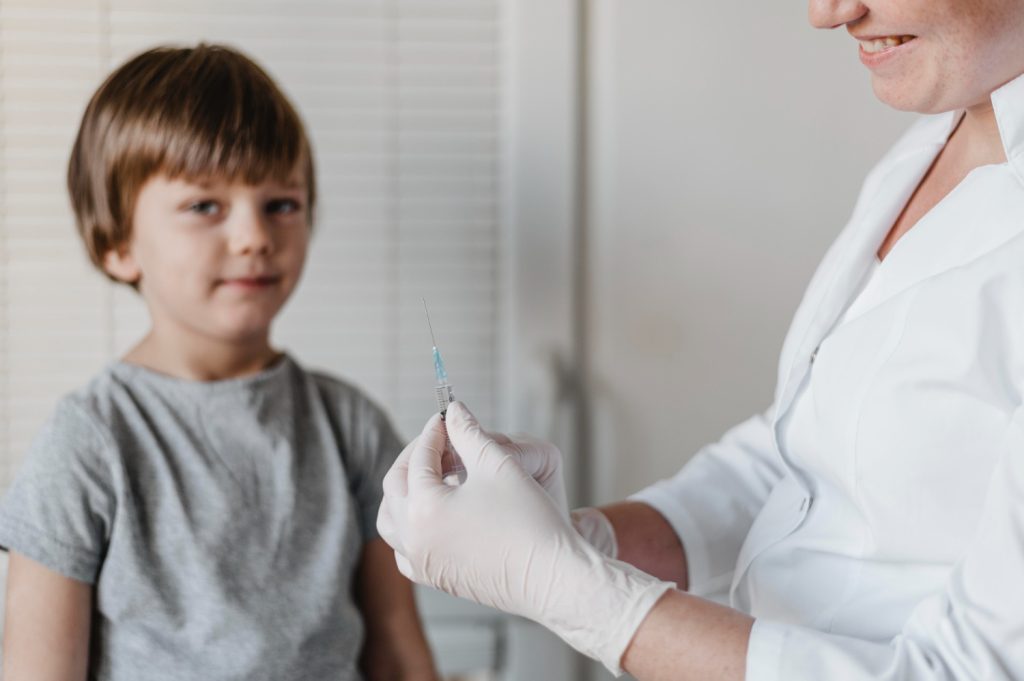The scientific consensus is clear: vaccines do not cause autism. It’s been decades since the paper published in 1998 by Wakefield, now-retracted, first set off the alarm, and researchers have investigated every angle, including the MMR vaccine, thimerosal or the immune system activation. None are linked to autism. Instead, autism is understood as a neurodevelopmental condition in which both genetic and environmental factors are involved. But while the science is clear, the debate continues. A new review by Gulati and colleagues (2025) points to why the myth is still given credibility, revealing deepening failures in public health communication.
Why the myth survives
The authors argue that the persistence of the vaccine–autism scare has little to do with data, and everything to do with epistemic mistrust. This refers to a deep erosion of confidence in institutions, scientists, and governments. Once the trust is broken, it is very difficult to repair it with facts alone. While parents’ stories of sudden regression in their children get a lot of attention, even if they don’t reflect causality, scientific papers rarely hold the same emotional weight. Indeed, the paper situates this failure in a longer story: public health crises from thalidomide to HIV to COVID-19 all show what happens when communication falters and trust is broken. Unless institutions learn from these lessons, myths will resurface in new forms, again and again.
The paper also adds that presenting autism as something that vaccines might “cause”, and research agendas focused on “prevention” need to explore, reinforces stigma, by suggesting that autistic lives are problems to be solved rather than people to be supported. Indeed, billions of research dollars have gone into disproving the vaccine–autism link, while such resources could have been allocated to improving services, education, and quality of life for autistic people. Worse, while time is spent revisiting old fears, vaccine hesitancy fuels measles outbreaks and complicates responses to COVID-19.
Thus, simply repeating “vaccines are safe” is not enough. Gulati et al. call for approaches rooted in empathy, transparency, and equity. That means engaging directly with communities, acknowledging fears without dismissing them, and centering autistic voices in how research and policy are shaped.
The takeaway
The vaccine–autism debate should have ended years ago. However, it continues to distract, stigmatize, and endanger. As this review makes clear, the real task is not just proving vaccines are safe, it is rebuilding trust, valuing autistic lives, and ensuring that health systems respond with empathy and respond to past mistakes. Only then can we protect children from preventable diseases, while also creating a world where autistic people and their families thrive.
Reference
Gulati, S., Sharawat, I. K., Panda, P. K., & Kothare, S. V. (2025). The vaccine–autism connection: No link, still debate, and we are failing to learn the lessons. Autism, 13623613251345281. https://doi.org/10.1177/13623613251345281
PhD in Sociology


